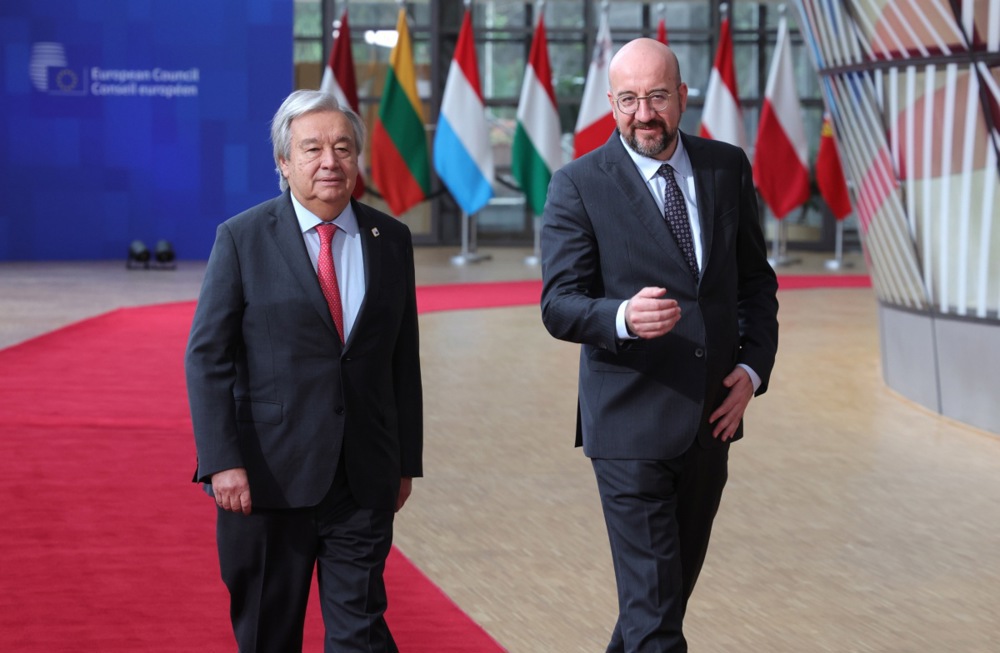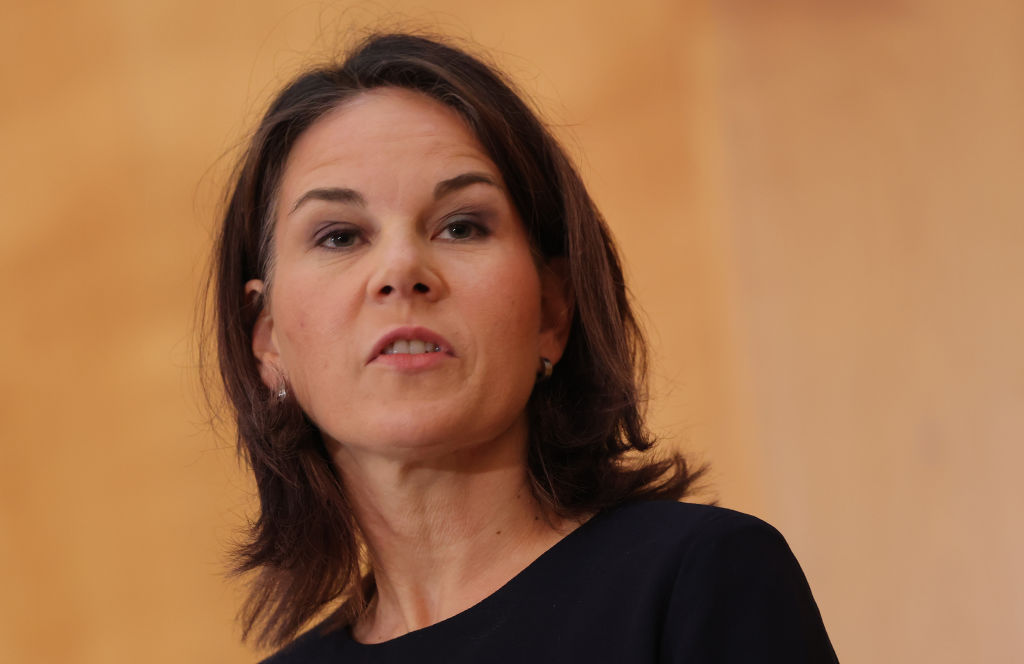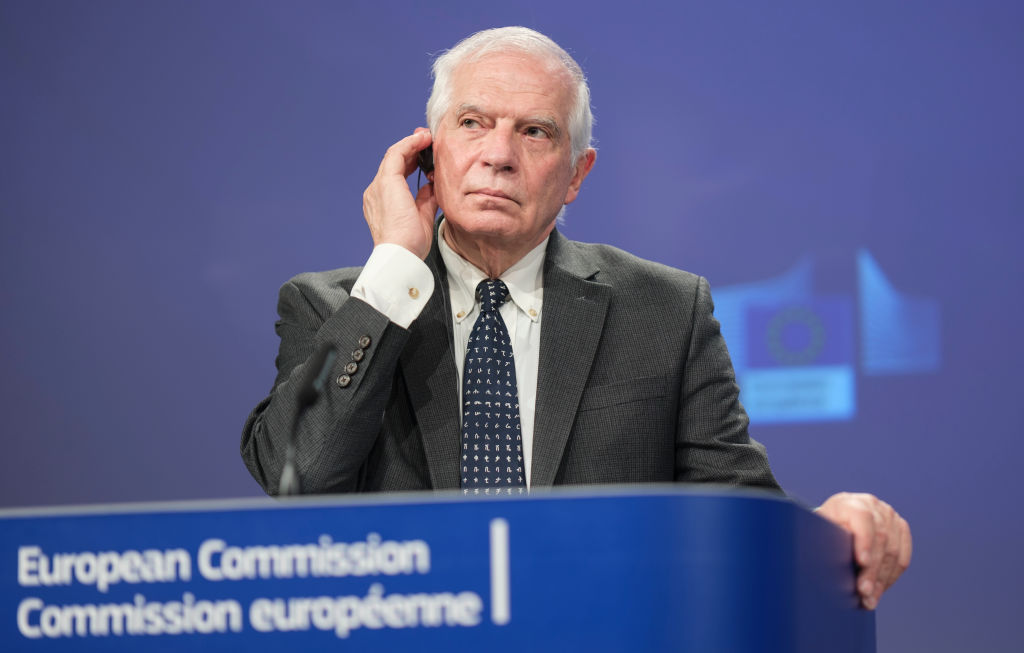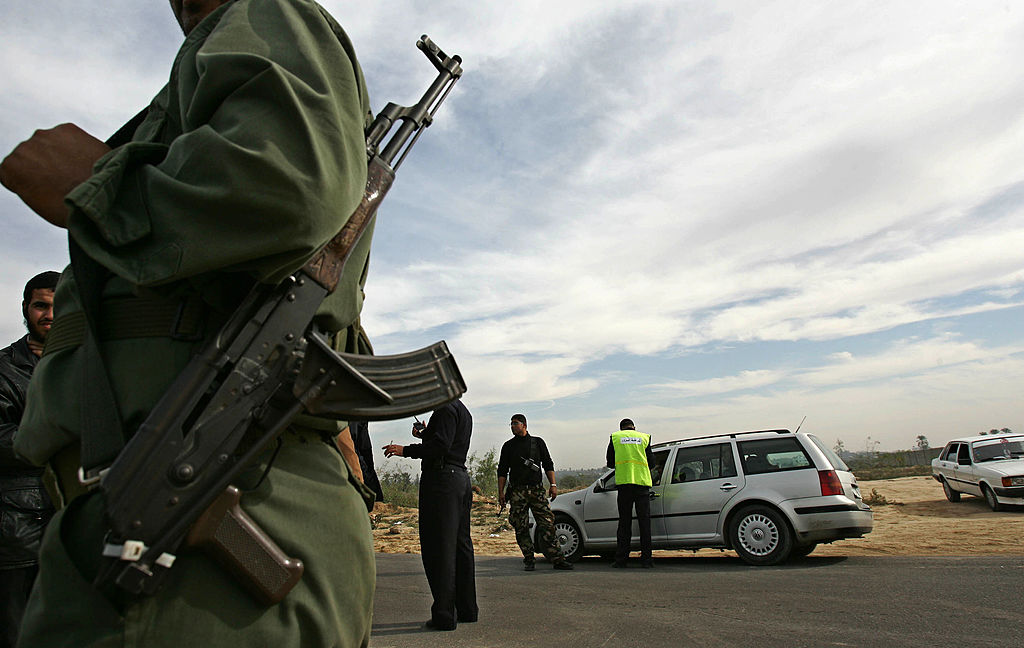The EU Council agreed to greenlight accession talks for Bosnia and Herzegovina late on Thursday, March 22.
Leaders also managed to reach an agreement on calling for peace in the Gaza Strip, though efforts by countries such as Spain and Ireland to get the Council to officially call for an immediate ceasefire fell through.
In a press release published shortly before midnight CET, the Council confirmed that it had backed a previous European Commission decision to invite Bosnia and Herzegovina for accession talks.
“Building on the Commission’s recommendation of 12 March 2024, the European Council decides to open accession negotiations with Bosnia and Herzegovina,” it reads.
The European Council has just decided to open accession negotiations with Bosnia and Herzegovina. Congratulations!
Your place is in our European family.
Today’s decision is a key step forward on your EU path. Now the hard work needs to continue so Bosnia and Herzegovina… pic.twitter.com/LyotNa5gGc
— Charles Michel (@CharlesMichel) March 21, 2024
“The European Council invites the Commission to prepare the negotiating framework with a view to its adoption by the Council the moment all relevant steps set out in the Commission’s recommendation of 12 October 2022 are taken.”
Such an agreement was not certain, with ethnic tensions in the country between Bosniaks, Bosnian Serbs and Bosnian Croats prompting concerns the country may not be ready to join the bloc.
Particular concern surrounds the current leadership of Republika Srpska — one of the two political zones of the country — with its Russia-leaning Prime Minister, Milorad Dodik, openly saying that he would like to take his region out of the country entirely.
“Today’s decision is a key step forward on your EU path,” Council President Charles Michel wrote online in the wake of the deal.
“Now the hard work needs to continue so Bosnia and Herzegovina steadily advances, as your people want.”
United Nations Secretary-General António Guterres and Ireland’s outgoing Taoiseach Leo Varadkar have both lashed out at what they said are the European Union’s “double standards” over the war in Palestine. https://t.co/QD0UhTprTc
— Brussels Signal (@brusselssignal) March 21, 2024
White smoke also billowed over EU Council buildings late on Thursday evening over the issue of the Israel-Hamas war.
After months of infighting between member states, the Council agreed to call for peace in the region, followed by a two-state solution.
Although billed by several media outlets as a “ceasefire” call, the deal in fact only calls for a “pause” in the hopes of reaching a “sustainable ceasefire” in the longer term.
This is weaker than some countries were looking for, a fact acknowledged by Ireland’s outgoing Taoiseach (PM), Leo Varadkar on Friday morning.
“By the nature of any common European position, it is a compromise,” he told reporters, though nevertheless billed the deal as being “good progress”.
“A very significant step, I think, in the right direction,” he added, saying that it was “very good” that the EU now had an official position calling for some form of ceasefire.
The European Commission will recommend opening membership talks with Bosnia and Herzegovina, President Ursula von der Leyen told EU lawmakers in Strasbourg on Tuesday. https://t.co/fk0sfzLX91
— Brussels Signal (@brusselssignal) March 12, 2024
EU leaders have yet to find an agreement on the imposition of the European Nature Restoration Law. Hungary has been a key opponent of this measure, though officials from the country emphasised they are open to finding an agreement.
Emmanuel Macron appears to be trying to grease the wheels for new deals, with the French President repeatedly seen hanging around with Hungarian Prime Minister Viktor Orbán on both Thursday and Friday.
Another unlikely pair at the conference has been German Chancellor Olaf Scholz and Italian Prime Minister Giorgia Meloni.
While the latter’s links to the Italian hard right have caused many German politicians to baulk, Scholz could be seen jovially chatting with the Fratelli d’Italia leader on Friday morning just out of earshot of local press.
German Chancellor Olaf Scholz said he wanted the Government to open an account on TikTok, apparently amid concerns about the hard-right Alternative für Deutschland (AfD) party’s strong social media presence. https://t.co/A0r3cmiMqg
— Brussels Signal (@brusselssignal) March 1, 2024





